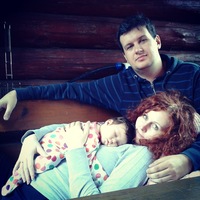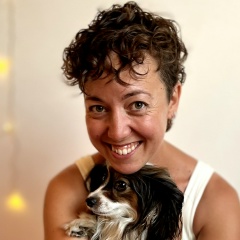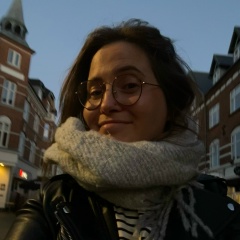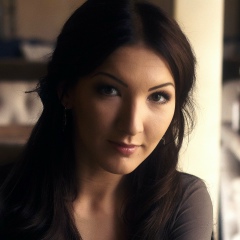Мне кажется, это проблема очень многих людей постсоветсого пространства. Страх, что твой ребёнок не такой как все, что что-то априори с ним не так, где-то есть какие-то отклонения. И вот несчастные родители ищут у своих абсолютно здоровых детей какие-то заболевания. И врачи идут им на встречу, хотите диагноз, да не вопрос, и массаж назначим, а то у вас гипотонус, а как же нельзя без массажа. Им хочется, чтоб в год ребёнок ходил, а если не ходит, то все - болезнь, надо лечить, им хочется, чтоб в два ребёнок говорил, а если нет, ну все- туши свет, невролог, ноотропы, логопед. Им хочется, чтоб он на занятиях был как все, сидел 45 минут как статуя и вообще, вёл себя удобно, а если нет, то СДВГ не иначе, надо пить успокоительные.
И как же права автор, что проблемы-то не у детей, а у взрослых. Это взрослым трудно принять своих детей такими, какие они есть.
И как же права автор, что проблемы-то не у детей, а у взрослых. Это взрослым трудно принять своих детей такими, какие они есть.
It seems to me that this is a problem of so many people of the post-Soviet space. Fear that your child is not like everyone else, that something is a priori wrong with him, somewhere there are some deviations. And unhappy parents are looking for some kind of illness in their absolutely healthy children. And the doctors go to meet them, if you want a diagnosis, it’s not a question, and we will prescribe a massage, otherwise you have hypotension, but how can you do it without massage. They want the child to walk in the year, and if he doesn’t walk, then everything is a disease, they need to be treated, they want the child to talk in two, and if not, then put out the lights, neurologist, nootropics, speech therapist. They want him to be like everyone else in class, sit for 45 minutes like a statue and in general, behave comfortably, and if not, then ADHD is not otherwise, you should drink sedatives.
And how is the author right that the problems are not in children, but in adults. It is difficult for adults to accept their children for who they are.
And how is the author right that the problems are not in children, but in adults. It is difficult for adults to accept their children for who they are.
У записи 5 лайков,
0 репостов,
224 просмотров.
0 репостов,
224 просмотров.
Эту запись оставил(а) на своей стене Дарья Сережникова

























